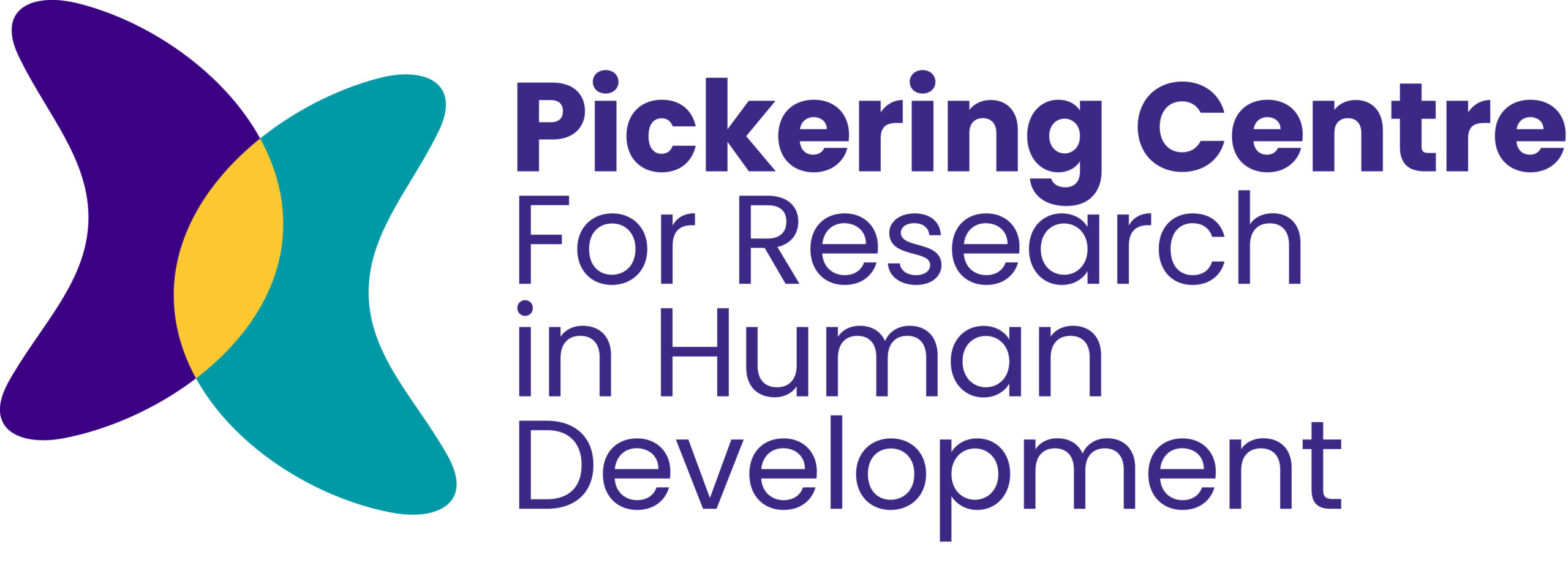Frontiers in Developmental Psychology
We are seeking submissions to our special issue “Children’s Teaching” to be published in Frontiers in Developmental Psychology. If you are conducting research on this topic, please consider submitting your work to us. Here is the link to the special issue:
https://www.frontiersin.org/research-topics/64548/childrens-teaching
——-
Teaching is a unique social learning mechanism – it contributes to cumulative culture and allows for the high-fidelity transmission of relevant knowledge and complex tool use. Children are sensitive to teaching from infancy, treating information conveyed with ostensive cues to be generalizable. While much is known about children as learners and their sensitivity to others’ pedagogy, relatively little is known about how children act as agents who propagate knowledge. In recent years, research has revealed that children are discerning benefactors of knowledge: in experimental settings, they selectively teach what is true, generalizable, and difficult to discover. Moreover, children modify their instruction depending on the knowledge state and cognitive capacity of their pupil. In naturalistic settings, children spontaneously engage in teaching, using a variety of teaching strategies at their disposal to share information with their siblings and peers.
Given recent advances in the field of children’s pedagogical cognition, we aim to bring together a diverse body of literature on children’s teaching. How do children decide what to teach? Is children’s knowledge of pedagogy related to their learning? What, according to children, makes a good teacher? Does children’s conception of teaching differ between cultures? In what ways can we leverage what we know about children as teachers to inform our educational practices? Gathering answers to these fundamental questions will further our understanding of the meaning of pedagogical practices for children’s lives.
For this Research Topic, we welcome contributions on themes such as:
Selective teaching
Cross-cultural investigations of teaching
Relationship between teaching and other processes (e.g., theory of mind, executive function)
Children’s understanding of the aims of pedagogy
Children’s cognition about teaching and learning
Methods may include:
Observational
Experimental (e.g., transmission experiments)
Diffusion-chain studies
Focus may include:
Early cognitive development (Infancy through Childhood)
Manuscripts may be empirical or theoretical
Cross-cultural comparison
Training studies
